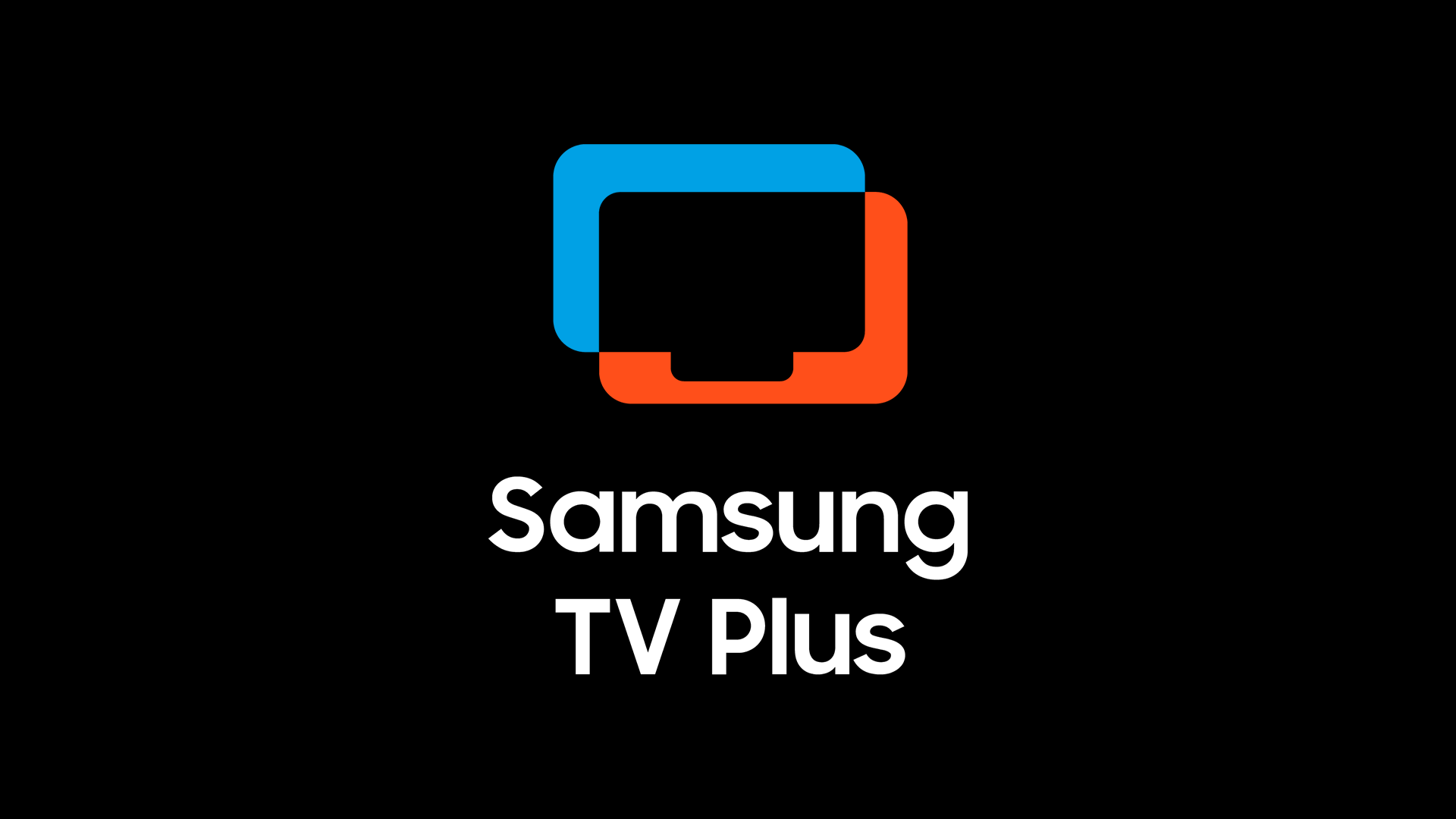Samsung Expands Tizen Smart TV OS Beyond its Brand
Non-Samsung models with Tizen will be available in the U.S. later this year

Samsung is expanding the availability of its Tizen smart TV OS beyond its own models for the first time. The company announced partnerships with ODM companies Atmaca, HKC, and Tempo with new Tizen-enabled TVs from Bauhn, Linsar, Sunny, Vispera, available in the U.S., Australia, Italy, New Zealand, Spain, Türkiye, and the U.K. this year.
The new smart TVs powered by Tizen follow the announcement of Samsung’s Tizen TV Platform Licensing program at the Samsung Developer Conference (SDC) in 2021.
“2022 has been a memorable year for Tizen OS as we celebrate its 10th anniversary and the very first Tizen-powered smart TVs available from other brands,” said Yongjae Kim, Executive Vice President of Visual Display Business at Samsung Electronics. “Starting with these new Tizen-powered smart TVs, we will continue to expand the licensing program and introduce Tizen OS and its ecosystem to more products and brands around the world.”
Since Samsung teamed up with the Linux Foundation to unveil the first version in 2012, Tizen OS has grown to 200 million viewers in 197 countries, dominating the market at more than 34% as recently as 2020 according to Dataxis. But with more competition in the TV OS market from the likes of Roku, Google’s Android and now TiVo, Samsung’s move to expand its OS to non-Samsung models makes sense.
"Samsung's Tizen and LG's webOS have been the two most used Smart TV platforms for years, but according to Dataxis' new research, the Roku OS and Google's Android TV have experienced the largest growth in 2020 and 2021, and the trend is expected to continue for 2022. Roku and Google, as well as Amazon with its Fire OS, already started licensing their TV platforms to second and third-tier manufacturers a few years ago," said Guillaume Perrin, Senior Analyst at Dataxis recently.
Get the TV Tech Newsletter
The professional video industry's #1 source for news, trends and product and tech information. Sign up below.
Tom has covered the broadcast technology market for the past 25 years, including three years handling member communications for the National Association of Broadcasters followed by a year as editor of Video Technology News and DTV Business executive newsletters for Phillips Publishing. In 1999 he launched digitalbroadcasting.com for internet B2B portal Verticalnet. He is also a charter member of the CTA's Academy of Digital TV Pioneers. Since 2001, he has been editor-in-chief of TV Tech (www.tvtech.com), the leading source of news and information on broadcast and related media technology and is a frequent contributor and moderator to the brand’s Tech Leadership events.

